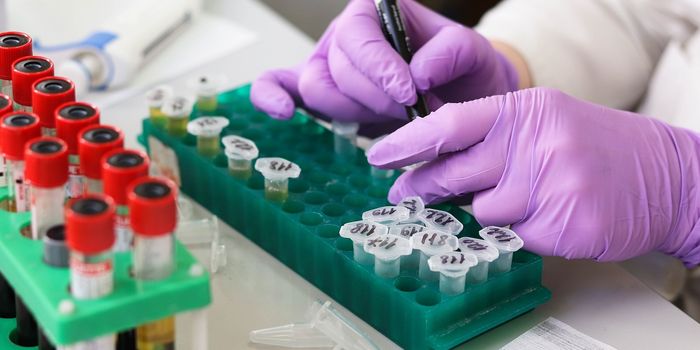How Cancer Cells Influence Drug Responses
When studying a large number of brain samples, researchers were able to characterize how changes in cells influence drug effects. One form of brain cancer studied was glioblastoma, severe cancer with poor prognosis.
"This was the starting point for our study, in which we examined how glioblastoma cells from 100 Uppsala patients responded to different drugs. To do this we used cell cultures grown from patient samples and tested more than 1,500 drug substances to see how the cells responded," says Professor Sven Nelander of the Department of Immunology, Genetics and Pathology at Uppsala University, who has been the principal investigator of the study.
Findings were published in Cell Reports and describes the two major groups of certain genes found in tumors based on drug response.
Learn more about glioblastoma:
"By characterising the cells at multiple levels, we discovered unexpected associations between important genes and pathways, and different drugs. This in turn led us to find new ways to combine different drugs to maximise the effect. Our results thus provide a good starting point for further research aiming to increase precision and adapt the therapy for different glioblastoma patients. They can also be used to discover new purposes for already existing drugs," says Nelander.
Source: Science Daily









